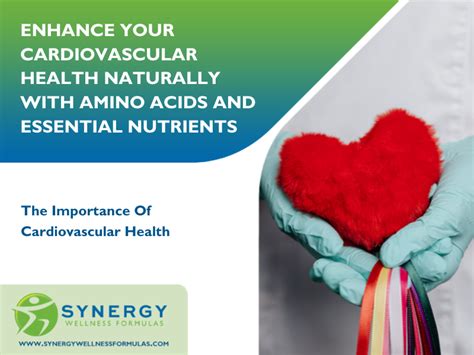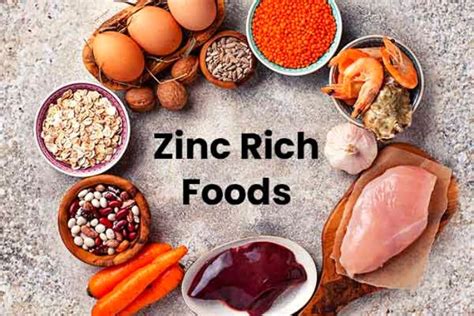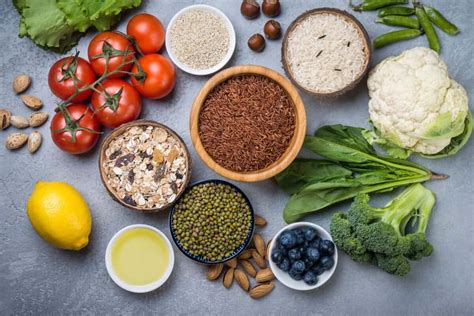Boost performance: What specific nutrients enhance male testosterone naturally?

Understanding Testosterone and Its Importance
Testosterone, the primary male sex hormone, is vital for numerous bodily functions beyond just libido and fertility. It influences muscle mass, bone density, fat distribution, red blood cell production, and even mood and energy levels. As men age, testosterone levels naturally decline, often leading to symptoms such as fatigue, decreased muscle mass, increased body fat, and reduced cognitive function. While synthetic options exist, many men seek natural ways to maintain or boost their testosterone, with diet and specific nutrients playing a pivotal role.
Optimizing your nutritional intake can be a powerful strategy to support your body’s innate ability to produce testosterone. Focusing on whole, unprocessed foods rich in certain micronutrients can make a significant difference in hormone balance and overall well-being.

Key Nutrients That Naturally Enhance Testosterone
Vitamin D: The ‘Sunshine Vitamin’
Often referred to as a hormone itself, Vitamin D is crucial for various physiological processes, including bone health and immune function. Research suggests a strong correlation between adequate Vitamin D levels and higher testosterone in men. Vitamin D receptors are found on Leydig cells in the testes, which are responsible for testosterone production. Studies have shown that supplementing with Vitamin D can significantly increase total and free testosterone levels.
- Sources: Sun exposure (the primary source), fatty fish (salmon, mackerel, tuna), fortified dairy products, egg yolks, and supplements.
- How it helps: It’s believed that Vitamin D influences the enzymatic pathways involved in testosterone synthesis and may also help reduce aromatase activity, which converts testosterone to estrogen.
Zinc: An Essential Mineral for Hormone Production
Zinc is an indispensable trace mineral involved in over 300 enzymatic reactions in the body. For male hormonal health, zinc plays a critical role in testosterone synthesis and regulation. Zinc deficiency is a common issue, and even mild deficiency has been linked to decreased testosterone levels.
- Sources: Red meat, poultry, oysters (one of the richest sources), beans, nuts, whole grains, dairy products.
- How it helps: Zinc is essential for the function of hormone-producing enzymes and also helps inhibit the enzyme aromatase, preventing testosterone from being converted into estrogen. It’s also crucial for sperm production and motility.

Magnesium: Enhancing Free Testosterone
Magnesium is another vital mineral that many people don’t get enough of. It’s involved in muscle and nerve function, blood glucose control, and blood pressure regulation. Regarding testosterone, magnesium has been shown to increase both total and free testosterone levels, especially when combined with exercise.
- Sources: Leafy green vegetables (spinach, kale), nuts (almonds, cashews), seeds (pumpkin, chia), legumes, whole grains, dark chocolate, avocados.
- How it helps: Magnesium increases the bioavailability of testosterone by reducing its binding to sex hormone-binding globulin (SHBG). When testosterone is bound to SHBG, it is not bioavailable and cannot exert its effects. Magnesium helps to free up more testosterone.
Boron: A Less-Known but Powerful Trace Mineral
Boron is a trace mineral that, while not as widely recognized as Zinc or Magnesium, has shown promising effects on testosterone levels. Studies suggest that boron supplementation can significantly increase free testosterone and reduce estrogen levels in men.
- Sources: Raisins, prunes, avocados, nuts, peanut butter, coffee, apples, broccoli.
- How it helps: Boron is believed to influence the metabolism of steroid hormones. It may reduce the activity of SHBG, thus increasing free testosterone. It also appears to reduce circulating estrogen, further shifting the hormone balance in favor of testosterone.

Other Supportive Nutrients and Compounds
While the above are primary, several other nutrients and natural compounds can indirectly support healthy testosterone levels:
- Omega-3 Fatty Acids: Found in fatty fish, flaxseeds, and walnuts, these healthy fats are crucial for overall hormonal health and can reduce inflammation, which can indirectly support testosterone production.
- Vitamin K2: Found in fermented foods and some animal products, Vitamin K2 may play a role in testicular health and testosterone synthesis.
- D-Aspartic Acid (DAA): An amino acid that has been shown in some studies to temporarily boost testosterone levels, though its long-term efficacy and impact on healthy individuals require more research.
- Herbal Extracts: While not strictly nutrients, extracts like Fenugreek and Ashwagandha have shown promise in supporting testosterone levels and reducing stress, which can negatively impact hormone production.
Dietary Strategies for Optimal Testosterone
To maximize the benefits of these nutrients, focus on a balanced, whole-food diet. Prioritize:
- Lean Proteins: Essential for muscle maintenance and hormone synthesis (e.g., chicken, fish, lean beef, eggs, legumes).
- Healthy Fats: Crucial for hormone production (e.g., avocados, nuts, seeds, olive oil).
- Complex Carbohydrates: Provide energy for workouts and overall bodily functions (e.g., whole grains, sweet potatoes, fruits, vegetables).
- Abundant Fruits and Vegetables: Rich in vitamins, minerals, and antioxidants that support overall health and reduce oxidative stress.

Conclusion
Boosting male testosterone naturally through diet and specific nutrients is a holistic approach that can significantly impact overall health and well-being. By ensuring adequate intake of Vitamin D, Zinc, Magnesium, and Boron, alongside a balanced diet rich in whole foods, men can support their body’s natural hormone production. Always consider consulting with a healthcare professional before making significant dietary changes or starting new supplement regimens to ensure they are appropriate for your individual health needs.









